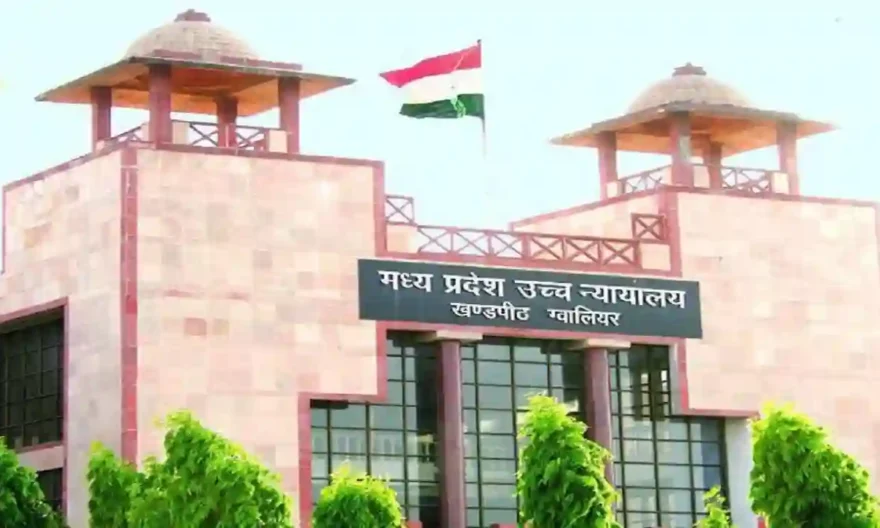
Madhya Pradesh High Court Urges Central Government to Reduce Age of Consent to 16 Years, Citing Injustice Faced by Adolescent Boys
The Madhya Pradesh High Court has recently called upon the Central government to reconsider the age of consent for consensual sexual relationships, suggesting a reduction from 18 to 16 years. The court expressed concern over the perceived injustice faced by adolescent boys due to the Criminal Law (Amendment) Act of 2013, which raised the age of consent for girls. It argued that this change has disrupted societal norms and unfairly criminalized adolescent boys.
In his order, Justice Deepak Kumar Agarwal highlighted the societal consequences faced by boys involved in consensual relationships with girls of similar age. He urged the government to restore the age of consent to 16 years, as it was before the amendments, in order to rectify this perceived injustice.
The court also acknowledged that adolescents today experience puberty at an earlier age due to the influence of social media, leading them to engage in consensual relationships before reaching the legal age of adulthood. Justice Agarwal emphasized that such relationships should be viewed as a natural outcome of age and attraction, rather than criminal acts.
The case in question involved a plea to dismiss charges against a 23-year-old man accused of rape and other offenses under the Protection of Children from Sexual Offences Act (POCSO Act) and the Information and Technology Act (IT Act). The court took into account the delayed filing of the complaint and the argument put forth by the accused’s counsel regarding consensual intercourse.
In reaching its decision, the court referred to a 2021 ruling by the Madras High Court, which highlighted the misuse of the POCSO Act in prosecuting teenage boys involved in relationships with minor girls. It emphasized that the intention of the act was not to label adolescent boys as offenders in such cases.
Justice Agarwal also noted that adolescents possess the physical and mental capacity to make informed decisions about their well-being. Furthermore, the court found no evidence of any wrongful intent in the present case. Based on these factors, the court concluded that it was appropriate to quash the FIR and all subsequent proceedings.
The decision by the Madhya Pradesh High Court brings attention to the need for a reconsideration of the age of consent, with a focus on fairness and justice in addressing the complexities of adolescent relationships. However, any potential changes to the law should be carefully evaluated, striking a balance between the protection of minors and the recognition of adolescent autonomy and evolving societal norms.




